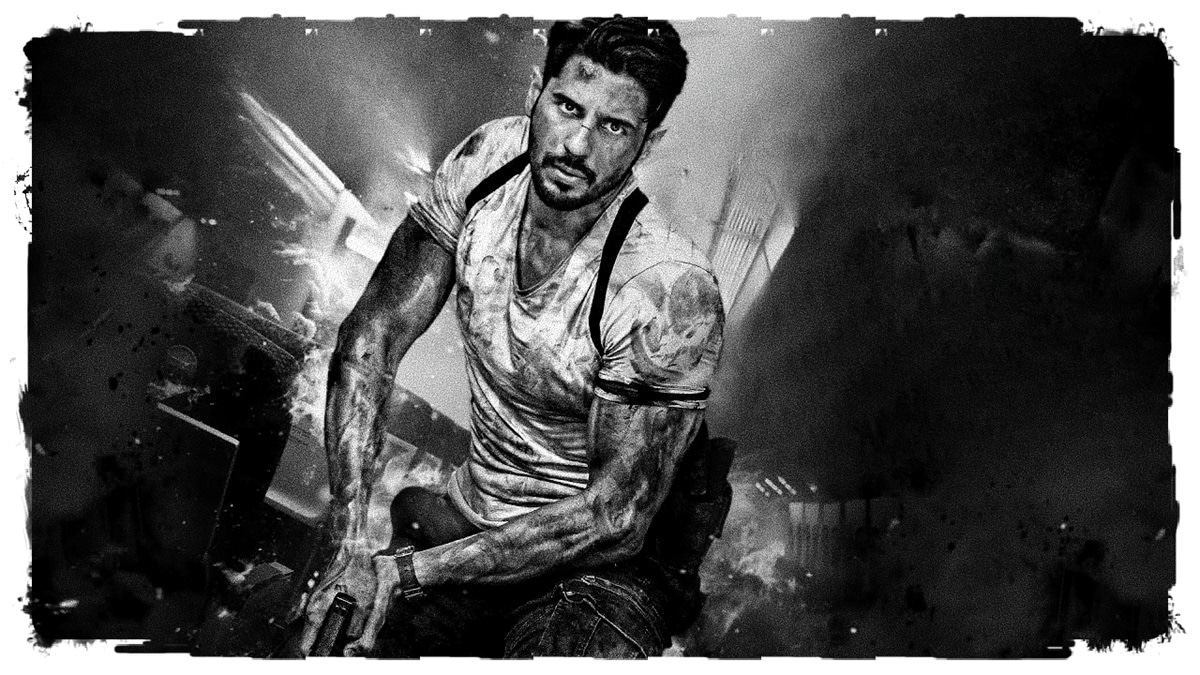Yodha: Sidharth Malhotra's Impressive Hijack Drama Swings Left-Right-Left
This is #CriticalMargin where Ishita Sengupta gets contemplative over new Hindi films and shows

Poster detail for Yodha

